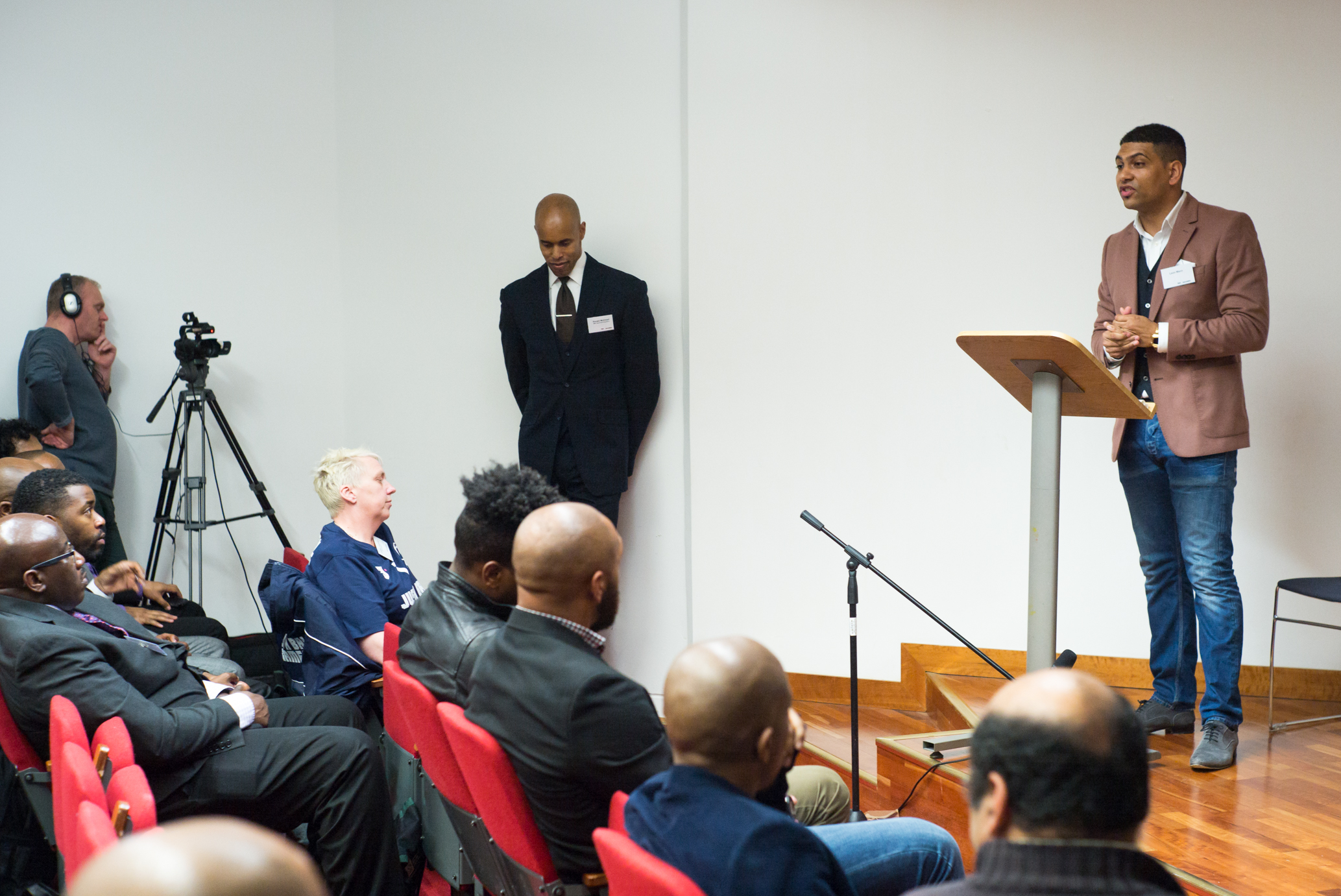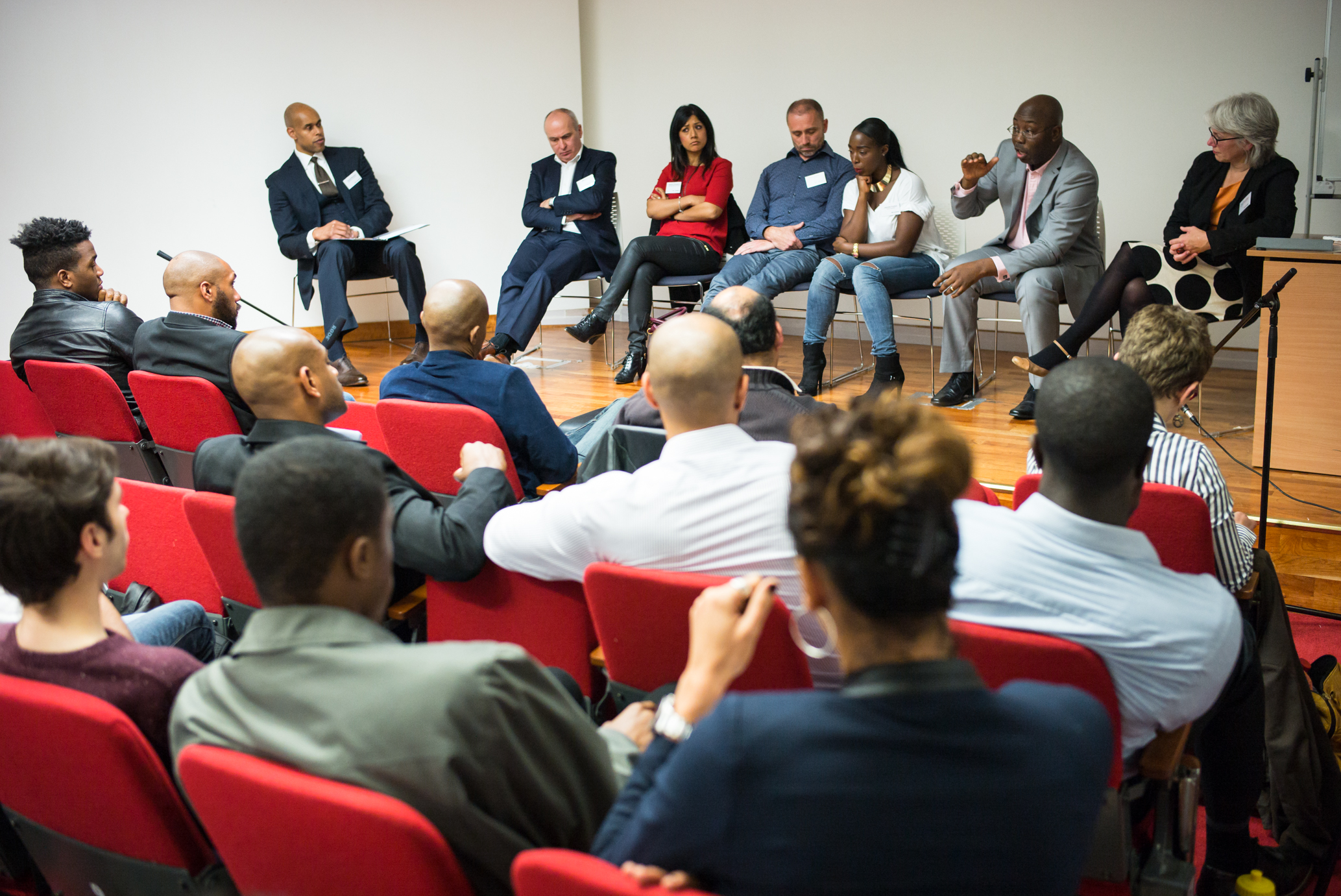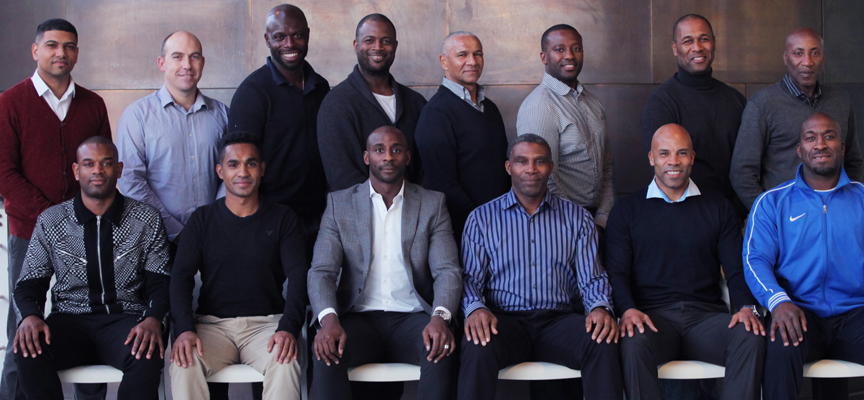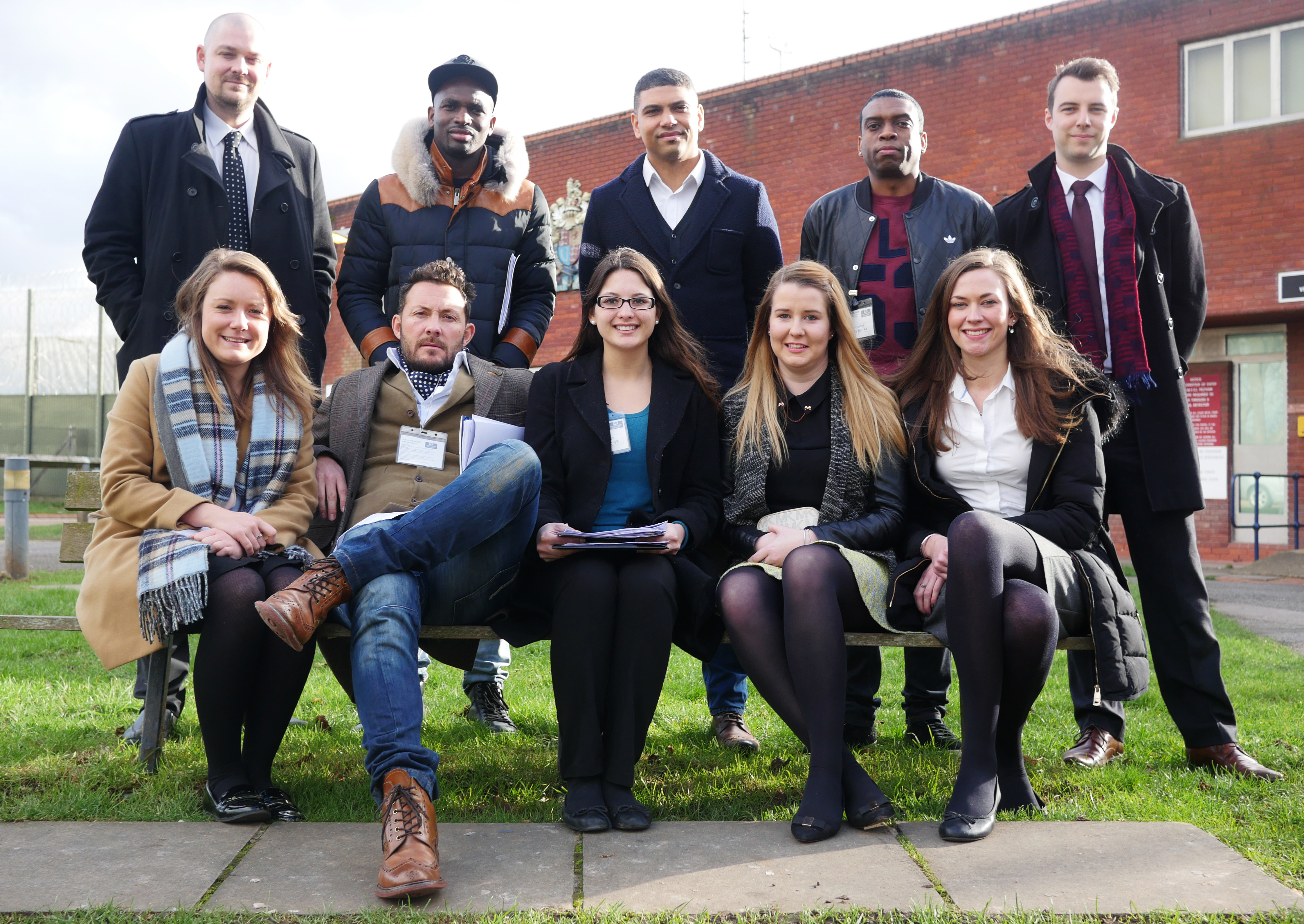There comes a point when things need to be said to be able to move on. For the Black Collective Of Media in Sport (BCOMS), a network of sports journalists from African and Caribbean backgrounds, that moment has arrived.
First the facts.
In 2014, not one national newspaper sent a black sports writer to the World Cup. While in TV land, across all of the major sporting events in the summer just one black presenter and one editor were involved. Speaking more broadly – the mainstream press have never had a black sports columnist, who hasn’t played sports at the highest level, and away from specialist newspapers such as The Voice and The Morning Star, there has never been a black sports editor in charge of the back pages.
What makes all of the above a bigger deal is the fact that our community is incredibly well represented on the pitch, track and in the ring. It is estimated that 30% of professional footballers are black, while there is also high levels of representation in sports including athletics and boxing.
BCOMS response was to hold a national conference looking for solutions to address a disturbing lack of diversity across the sports media. More than 150 delegates attended.
The day was a success and thanks to funding from FARE, European football’s anti-discrimination network, BCOMS were able to use the contributions from the day to develop a good practice guide to help the industry deliver greater diversity.
The response to the guide has been overwhelmingly positive so far. But my hope is that the guide is not filed away under ‘things to do’ or left with a red flag next to it in an inbox. The sports media must move with urgency to reflect our nation and the interest and participation our community has in sport.
Football’s Problem
Football brings people together. We hear it all the time. I proudly say it on TV a lot – when reporting on the games good causes. But with the good, can also come the bad.
Football brought racist thugs together with a black man on the Paris Metro, who was subsequently abused. Therefore, for me, those running the sport must take responsibility for what happened and double their efforts to ensure that the customers coming to deposit money in football’s pockets behave themselves.
– This column first appeared in The Voice Newspaper





